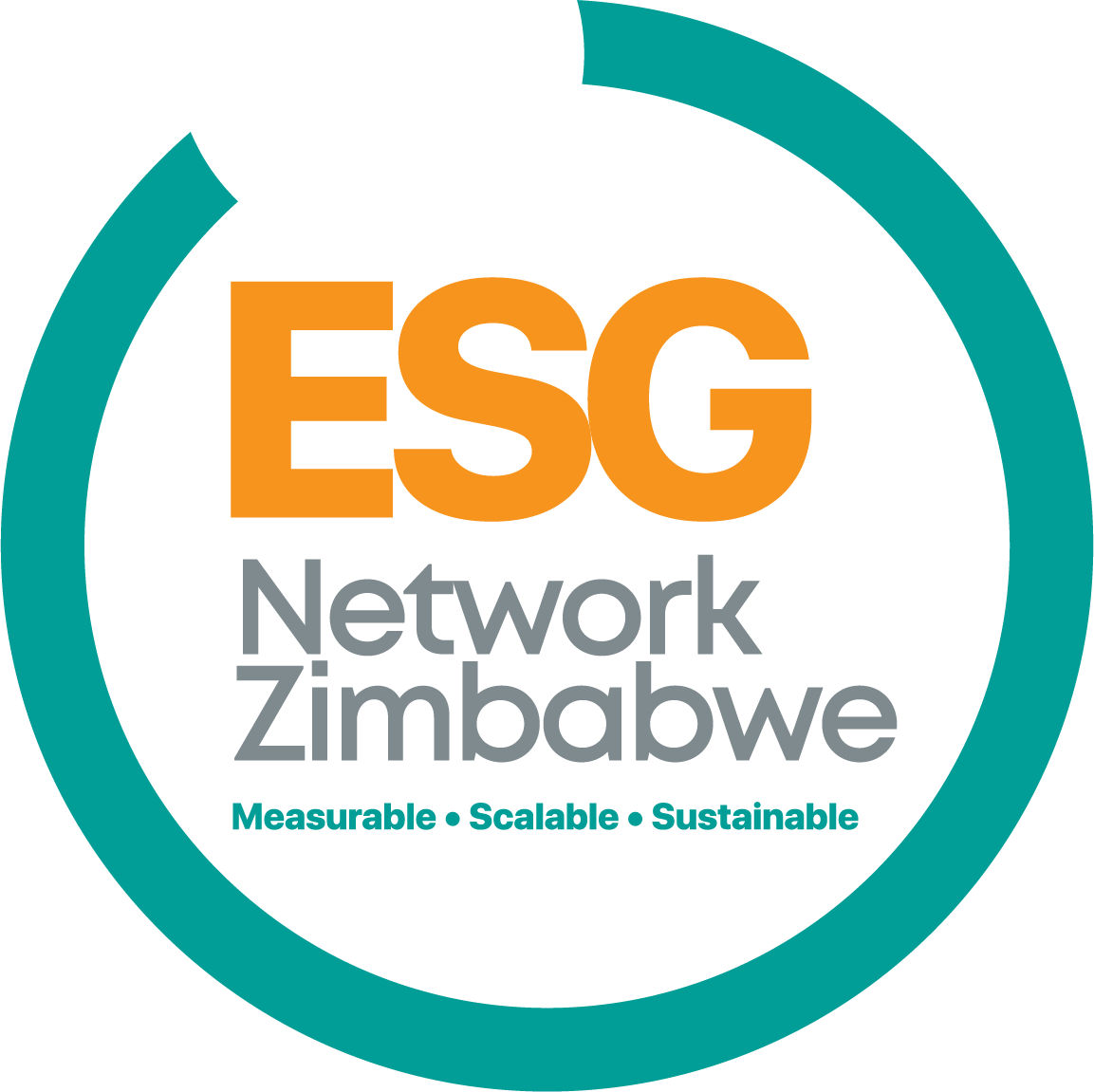Risk management, or the process by which companies and institutions identify, evaluate, and mitigate their exposure to potential losses or liabilities, has been a noncontroversial aspect of corporate governance for as long as businesses have existed, and more emphasis continues to be placed here by corporate boards and leaders.
While regulatory and judicial bodies have evolved their thinking about what constitutes a “material risk,” (those risks that need to be disclosed to investors and the public), the basic concept of identifying vulnerabilities and taking action to avoid or contain those risks is a basic tenet of good business practice and critical to the survival and growth of all enterprises.
Arguably, corporate efforts to identify and mitigate risks associated with climate change, changing demographics, quality of life issues in communities, and workplace policies and practices are all essential and generally accepted as important priorities for institutional leaders and will remain so.
Looking ahead expect to see more instances where these ESG and DEI strategies are framed as managing risks associated with doing business rather than as free-standing programs and priorities.





